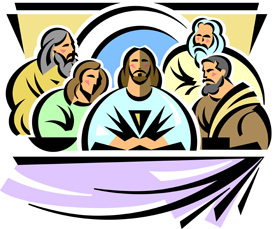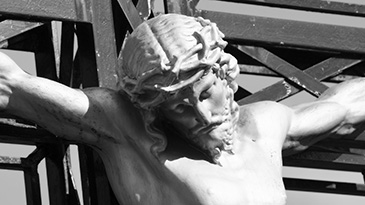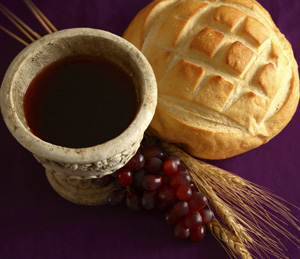By Neal Windham
When asked what’s missing when churches marginalize the Lord’s Supper by breaking bread casually and infrequently, Eugene Peterson replied, “Mystery.” He wasn’t talking about cheap novels or detective shows. No, he spoke of a mystery that runs so much deeper, a plot hatched in eternity, hidden for long ages, thoroughly misunderstood, often misrepresented, but, in the end, designed for our good, for our “glory,” as Paul put it. Peterson spoke of a narrative fit for God.
 The word mystery comes from muo, a Greek verb that means to close or shut. Our word mute shares this root. Paul often spoke of mystery. But, unlike others who talked about religious mysteries, he seemed to know something they had missed.
The word mystery comes from muo, a Greek verb that means to close or shut. Our word mute shares this root. Paul often spoke of mystery. But, unlike others who talked about religious mysteries, he seemed to know something they had missed.
For Paul, the cat was out of the bag. God had disclosed the powerful secret. What had remained obscure and unknown for so long was now the grand wisdom of God’s people for the ages. Jesus, Messiah, had come and, with him, salvation. The apostle put it like this, “We declare God’s wisdom, a mystery that has been hidden and that God destined for our glory before time began” (1 Corinthians 2:7).
As we return to the table of our Lord, week after week, we enter ever-increasingly and deeply into this sacred mystery, a mystery incapable of anything resembling full comprehension, and yet, easily the single most life-giving event of the week. “If God is not present at this table, I don’t know where he is,” a friend so aptly put it.
Here, all the doubts and fears we shoulder are met with God’s stubborn determination to save us.
Here, our sins pale in the light of God’s outrageous, extravagant forgiveness.
Here, broken relationships in the body of Christ come clean as we pray for and with estranged brothers and sisters with whom we share this little meal.
And here, more than anywhere, God’s pardon and release meet us in a fragrant bouquet of mercy.
Again and again, they meet us here. Such a mystery, this table, this enduring memory of God’s relentless love.
Neal Windham serves as professor of spiritual formation with Lincoln (Illinois) Christian University.












